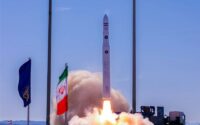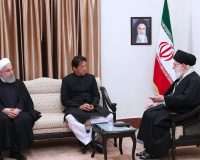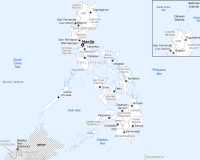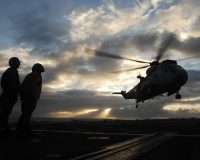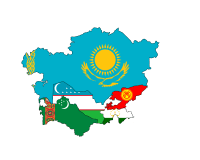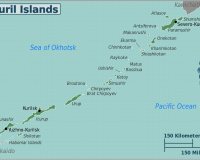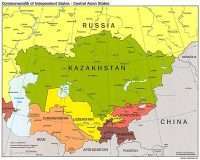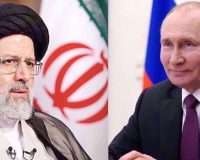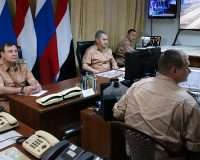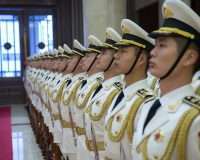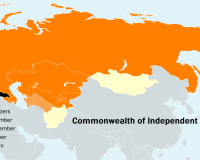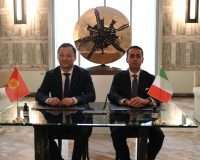SpecialEurasia’s Visit to Moscow: Exploring Russia’s Political Landscape Amidst Presidential Elections
In the heart of Russia’s political fervour, SpecialEurasia embarks on an official visit to Moscow, the epicentre of the Russian Federation. With the pivotal juncture we are currently facing, characterised by the imminent presidential elections, our team is actively involved in a multitude of endeavours that center on comprehending the intricate dynamics of Russia’s domestic and global affairs.


